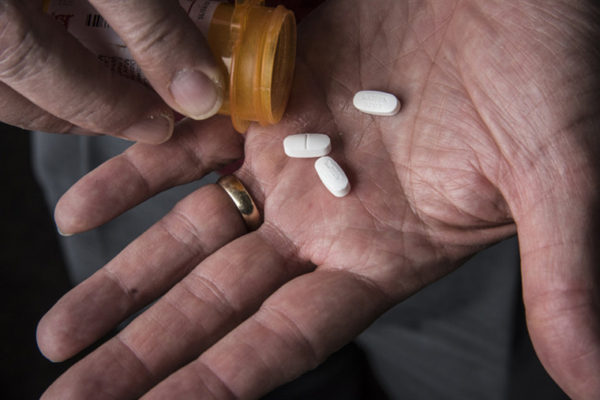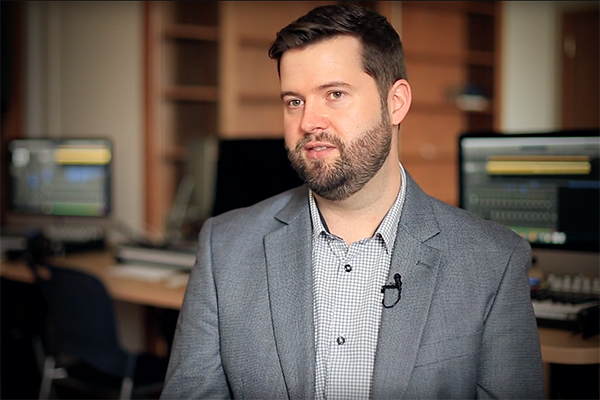Nanoparticles present sustainable way to grow food crops
Engineers at Washington University in St. Louis are using nanoparticle technology in an effort to meet the ever-increasing demand for food. Their innovative technique boosts the growth of a protein-rich bean by improving the way it absorbs nutrients, while reducing the need for fertilizer.
Undergraduate mathematicians test their mettle
Each academic year, students from Washington University distinguish themselves at two annual mathematics competitions: The North American Putnam Competition, in which this year the team finished eighth; and the Missouri Collegiate Mathematics Competition, in which the team tied for first with a perfect score.
Five to receive honorary degrees at Commencement
Washington University in St. Louis will award five honorary degrees during the university’s 155th Commencement May 20. During the ceremony, which will begin at 8:30 a.m. in Brookings Quadrangle on the Danforth Campus, the university will bestow academic degrees on approximately 2,800 members of the Class of 2016.
Podcast: Mosaic Whispers members break down award-winning ‘Elastic Heart’
A podcast featuring Mosaic Whispers music directors Katie Greenberg and Hannah Lacava, and vocal percussionist Rohan Khazanchi. The Washington University a capella group competes in a national competition Saturday, April 30, at the Beacon Theatre in New York.
Doctors recommend prescribing fewer opioids after surgery
Bolstering new federal guidelines that advise primary care doctors to carefully weigh the prescribing of opioid painkillers, two experts at Washington University School of Medicine in St. Louis are recommending that surgeons also consider cutting back on the number of take-home opioid pills prescribed to patients after surgery.
Jacoby elected to American Academy of Arts & Sciences
Larry L. Jacoby, an internationally recognized scholar of human memory and a professor of psychological and brain sciences at Washington University in St. Louis, has been elected to the American Academy of Arts and Sciences.
Obituary: Sarah Longyear, sophomore, 19
Sophomore Sarah Longyear died by suicide April 22 in her hometown of Palo Alto, Calif. She was 19. Advisers remember her as a kind and curious student who excelled academically but struggled with depression.
Multicultural geology
This spring, theory-heavy Washington University in St. Louis geology students went on a field trip to southeastern Spain with field-trained students from Trinity College, Dublin. What they learned from each other transcended earth — and time.
The good thing that happens with graduated license laws
State laws designed to help teens gradually ease into full driving privileges may have an unintended effect: lowering rates of teen alcohol consumption and binge drinking, according to new research at Washington University School of Medicine in St. Louis.
Washington People: Chris Stark
Chris Stark, assistant professor of music in Arts & Sciences, discusses composing, the future of electronic music and the inspirations behind some of his works.
View More Stories









